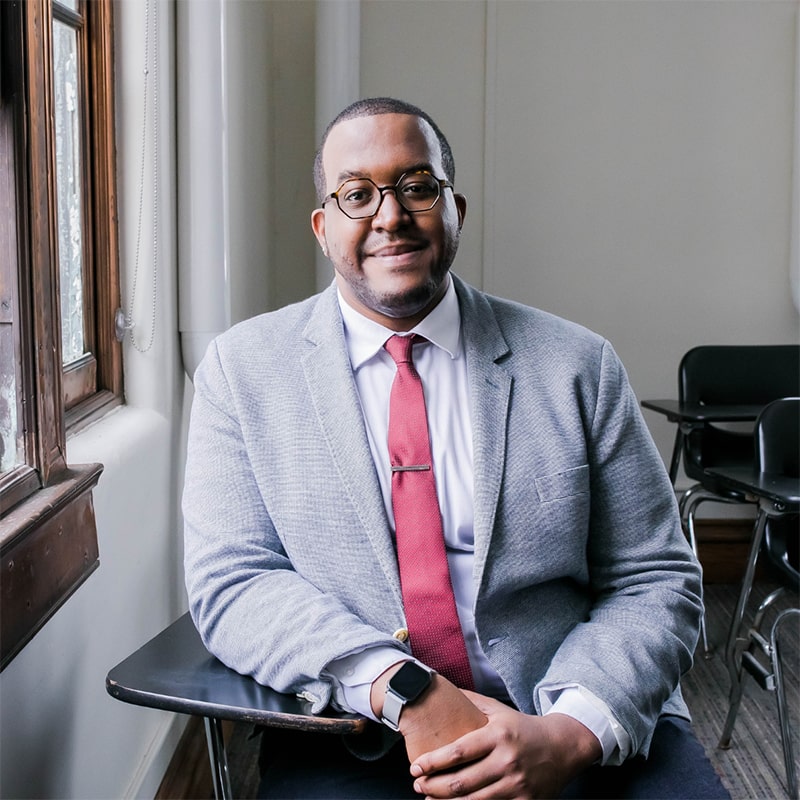Meet the Faculty
 Intercultural and Global Inquiry
Intercultural and Global Inquiry
79-120: Introduction to African American History: Black Americans and the World
Featured Faculty: Ezelle Sanford
What are your current research interests?
I joined the faculty in the Department of History at Carnegie Mellon University in the Fall of 2021 with a developing research profile in the history of medicine and African American history. My first book project Segregated Medicine: How Racial Politics Shaped American Health Care, examines the history of St. Louis’s segregated, Black-serving public hospital, Homer G. Phillips. This hospital operates as a local case study to examine how the policies and practices of racial segregation shaped the infrastructures and guiding philosophies of American healthcare. It further explains how African Americans endeavored to make spaces for themselves in the segregated ranks of organized medicine, and in a healthcare system that has and continues to relegate them to the margins. It explains how segregation’s demise created new questions about access to care, especially for working-class racialized communities.
What do you remember most from your educational journey and how has that shaped your teaching?
As an undergraduate student, I benefited from excellent professors who were passionate about teaching and research. With encouragement from faculty mentors, I continued to explore critical questions that I developed in their courses. Now that I am a faculty member, I hope to pay it forward. My goal is to pique student curiosity in the classroom, to introduce students to the questions and methods of historical inquiry, and to mentor those students who desire to explore their own interests through the practice of history.
How does what you do in the classroom reflect the impact on the world that your field has?
My approach to the discipline is that through historical education, I can push students to deepen their understanding and interpretation of the world around them. It is important that my courses provide familiar dominant historical narratives; more importantly, however, my courses critically examine these historical narratives by highlighting marginalized historical actors and perspectives often missing from students’ prior engagement with American history. Many students enrolled in my courses are exposed to entirely novel themes, actors, and perspectives. Students have found models of empowerment and resistance and new ways of framing and conceptualizing social history. In many cases, students ask “Why have I not learned this before?”